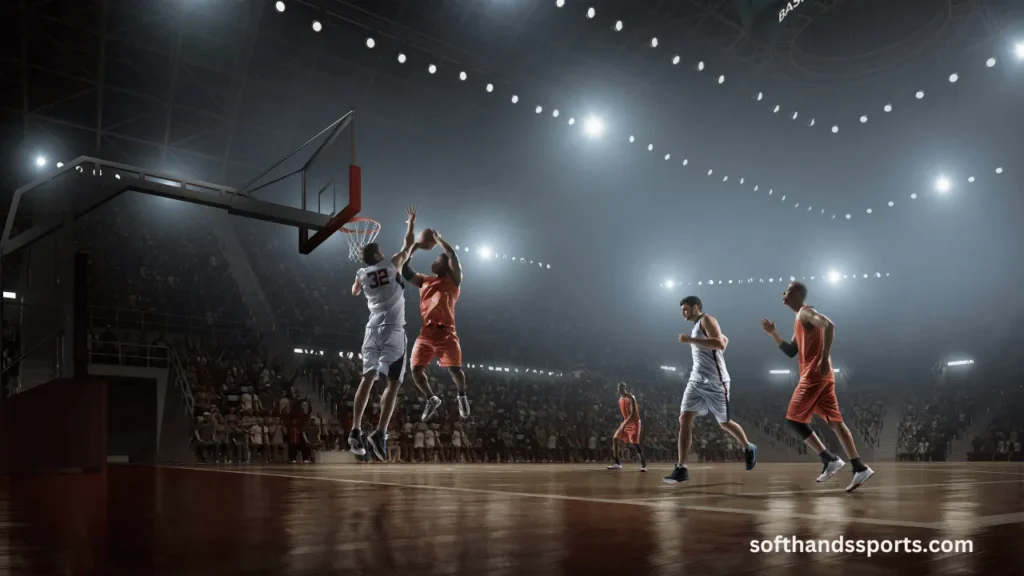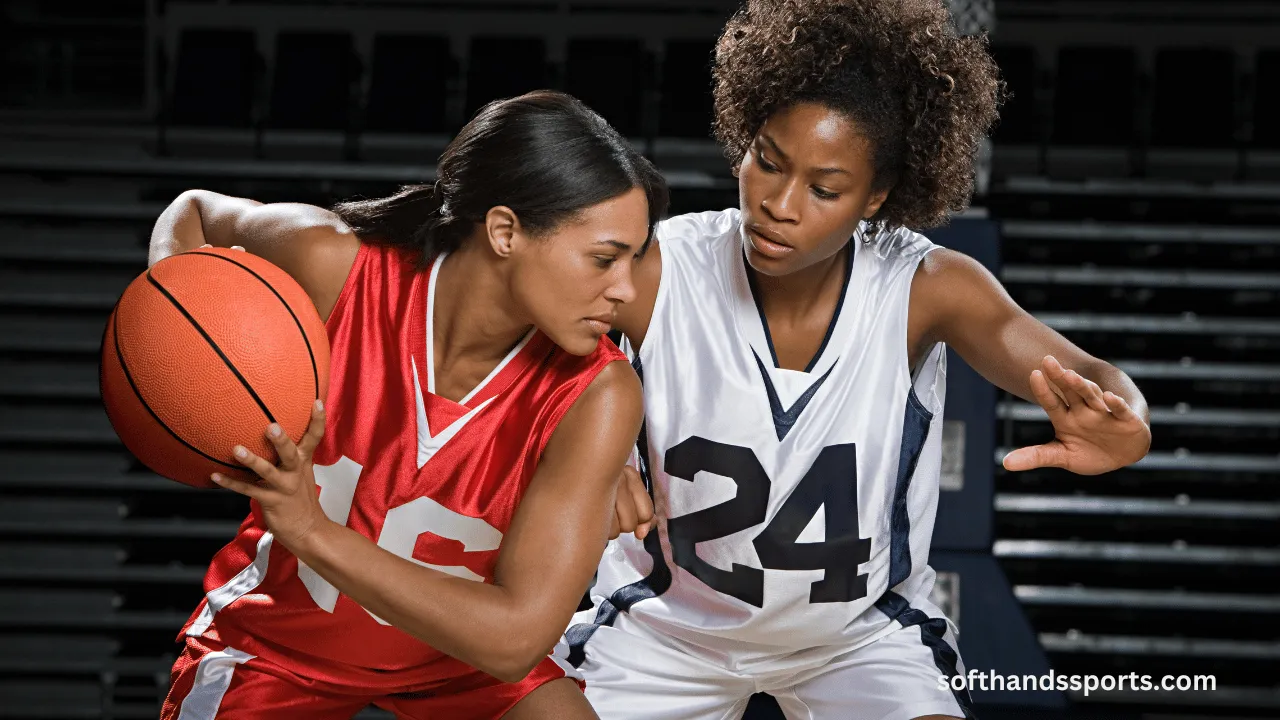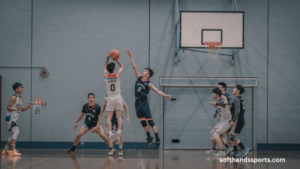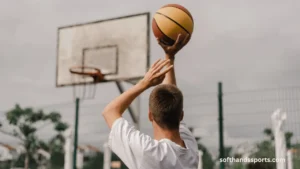Basketball shoes are a fundamental piece of equipment for any basketball player, holding a significant influence on performance, comfort, and overall experience on the court. Among the numerous ongoing debates within the basketball community, a prominent question emerges:
are basketball shoes supposed to be tight? This article aims to thoroughly examine and elucidate this topic, offering comprehensive insights for players, coaches, and enthusiasts.
Contents
Understanding the Importance of the Right Fit
1. Performance Enhancement
The right fit of basketball shoes directly correlates with a player’s on-court performance. A well-fitting shoe can provide essential support and stability, especially during rapid movements, cuts, and jumps. It empowers the player to move with confidence, assured in the knowledge that slipping or losing balance is less likely.
2. Injury Prevention
The significance of properly fitting basketball shoes in preventing injuries cannot be overstated. A snug fit reduces the risk of foot slippage inside the shoe, which can result in twisted ankles, blisters, or discomfort. Conversely, excessively tight shoes can cause pressure points, leading to discomfort and potential injuries.
Factors Influencing the Ideal Fit
1. Foot Structure
Individual foot structure is a pivotal factor in determining the ideal fit of basketball shoes. Some players may have wider feet, while others might have higher arches. Understanding one’s foot structure is paramount in selecting the right type of shoes to ensure a comfortable and secure fit.
2. Playing Style
Different playing styles demand different shoe fits. Players who prioritize speed and agility may gravitate toward a snug fit, which offers heightened responsiveness and control. Conversely, players who emphasize power and stability may opt for a slightly looser fit to accommodate the demands of their playing style.

Striking the Right Balance
1. Snug, Not Constricting
Basketball shoes should fit snugly but should not constrict the feet excessively. A snug fit ensures stability and support while allowing for natural movement. It is imperative to avoid shoes that squeeze the toes or cause discomfort, as this can hinder performance and lead to foot-related issues.
2. Comfort for Endurance
Given the prolonged and intense nature of basketball gameplay, comfort for endurance is vital. The right fit should enable players to maintain comfort throughout extended periods of play, without causing discomfort or fatigue.
Tips for Achieving the Ideal Fit
1. Measurement and Sizing
Accurate measurement of the feet and understanding the sizing charts of different brands are crucial steps in finding the ideal fit. Brands may have variations in sizing, and knowledge of one’s exact measurements can aid in making informed decisions when purchasing basketball shoes.
2. Trying Before Buying
Whenever feasible, trying on basketball shoes before making a purchase is highly recommended. This allows players to assess the fit, comfort, and support firsthand, ensuring that they make an informed decision regarding the suitability of the shoes for their needs.
3. Consider the Break-In Period
It is imperative to consider the break-in period while assessing the fit of basketball shoes. Some shoes may require a short period to conform to the player’s feet, and understanding this process can prevent premature judgments about the fit of the shoes.
The Verdict
In conclusion, the ideal fit for basketball shoes is a delicate balance that encompasses support, stability, comfort, and the individual player’s preferences and needs. While a snug fit is generally advantageous for performance and safety, avoiding excessively tight shoes that compromise comfort and natural foot movement is essential.
Understanding the factors that influence the ideal fit and implementing the tips provided can aid players in finding basketball shoes that are both comfortable and performance-enhancing.
By delving into the nuanced aspects of fit and prioritizing the well-being and performance of players, the debate on whether basketball shoes are supposed to be tight is contextualized within the broader understanding of the interplay between athleticism, equipment, and comfort.
In essence, the goal is to equip players with the knowledge and understanding to make informed decisions about their basketball footwear, ensuring that they step onto the court with confidence, comfort, and optimal performance potential.
This consideration of the intricate relationship between footwear and player well-being underpins a holistic approach to the game of basketball, promoting a culture of mindful and informed decision-making in the pursuit of excellence.
FAQs
Are Basketball Shoes Supposed to Fit Snug?
Yes, basketball shoes are supposed to fit snugly to provide stability and support during dynamic movements on the court.
How Should Basketball Shoes Fit?
Basketball shoes should have a snug fit, especially around the midfoot and heel, to prevent slippage and ensure proper support.
Should There be Some Room in Basketball Shoes?
While basketball shoes should fit snugly, there should still be some room (about a thumbnail’s width) between the end of the longest toe and the front of the shoe to allow for natural foot movement.
Can Basketball Shoes be Too Tight?
Yes, if basketball shoes are excessively tight, it can lead to discomfort, restricted blood flow, and potential foot issues. It’s important to find the right balance between a snug fit and comfort.








